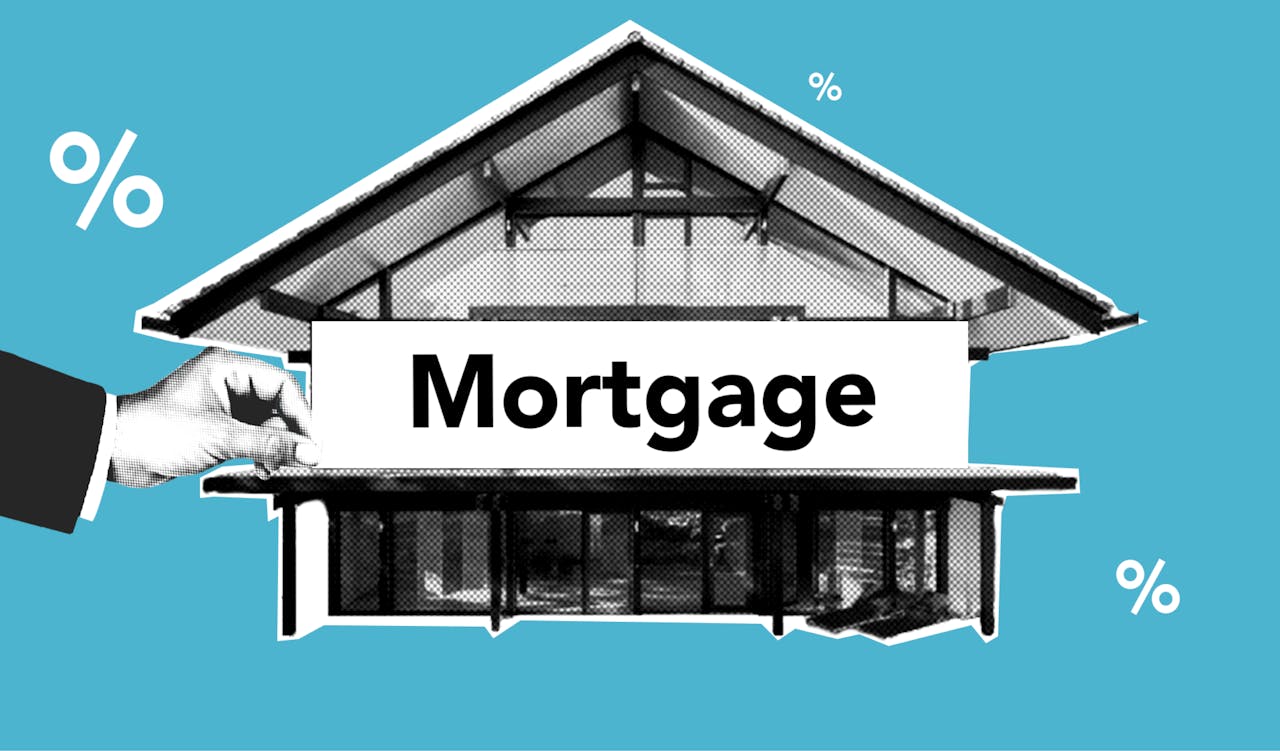
A CIBIL score is a three-digit figure that falls between 300 and 900. It serves as a quick reference for lenders to assess an individual’s credit history and repayment behaviour. Your credit report contains information that is used to calculate your score. It includes details of your past and current loans, credit cards, and repayment patterns. This article aims to explain CIBIL score, their significance, and how they influence your loan application process.
How is a CIBIL Score Calculated?
The following variables are taken into account when determining your CIBIL score:
- Payment History: This is one of the most important factors. Timely repayments positively impact your credit score, whereas late payments or defaults negatively affect it.
- Credit Utilisation: The proportion of credit limit you use affects your score. Using a large portion of your credit limit will lower your credit score.
- Length of Credit History: A longer credit history generally results in a better score. It provides more data for assessment.
- Types of Credit: A mix of different credit types (such as personal loans, credit cards, and mortgages) can positively influence your score.
- Recent Credit Enquiries: Frequent loan applications in a short period may lower your credit score.
Why CIBIL Scores Matter for Loan Approval?
CIBIL scores hold significant importance in the loan approval process for several reasons as mentioned below.
- Risk Assessment: Lenders use CIBIL scores to assess the risk associated with lending to an individual. A higher score indicates lower risk, increasing the likelihood of loan approval.
- Interest Rates: Your CIBIL score can influence the interest rate offered on your loan. A good score may help you secure more favourable rates.
- Loan Amount: A high CIBIL score might allow you to borrow larger amounts, as lenders view you as a responsible borrower.
- Faster Processing: With a good CIBIL score, your loan application may be processed more quickly, as lenders have more confidence in your repayment ability.
How to Improve Your CIBIL Score?
Improving your CIBIL score requires consistent effort and responsible financial behaviour. The following tactics will help you improve your score:
- Pay Bills on Time: Ensure all your credit card bills and loan EMIs are paid by their due dates.
- Maintain a Healthy Credit Mix: Having different types of credit can positively impact your score.
- Avoid Multiple Loan Applications: Frequent credit enquiries can lower your score. Apply for loans only when necessary.
- Regularly Check Your Credit Report: Review your credit report periodically to ensure accuracy and address any discrepancies promptly.
Can You Get an Instant Loan Without CIBIL?
While many lenders rely heavily on CIBIL scores, some financial institutions offer instant loans without CIBIL checks. These loans are often based on other factors such as income, employment stability, or alternative credit scoring methods. However, it’s important to note that instant loans without CIBIL checks may come with higher interest rates or stricter terms.
Before opting for an instant loan without CIBIL, consider the following.
- Higher Interest Rates: Lenders may charge higher rates to offset the increased risk.
- Shorter Repayment Periods: These loans often have shorter tenures, resulting in higher EMIs.
- Lower Loan Amounts: Without a CIBIL score, you might be eligible for smaller loan amounts.
- Stricter Eligibility Criteria: Lenders may have more stringent requirements for income or employment stability.
While instant loans without CIBIL can be helpful in emergencies, they should be approached carefully. It’s generally better to work on improving your CIBIL score for better long-term financial health.
Importance of Monitoring Your CIBIL Score
Monitoring your CIBIL score on a regular basis enables you to:
- Detect Fraudulent Activity: Unexpected changes in your score could indicate unauthorised use of your credit.
- Identify Areas for Improvement: Regular monitoring helps you understand which factors are affecting your score.
- Plan Future Credit Applications: Knowing your score helps you gauge your chances of loan approval and plan accordingly.
- Negotiate Better Terms: A good CIBIL score can be leveraged when negotiating loan terms with lenders.
Also Read: Understanding Your Financial Scope: Maximum Personal Loan Amount in India
Conclusion
Understanding your CIBIL score is crucial for managing your finance and securing favourable loans. While instant loans without CIBIL checks exist, they often come with drawbacks. It’s better to focus on building and maintaining a good CIBIL score. One may consider exploring options with established financial institutions such as Tata Capital. Some offer comprehensive credit assessment processes beyond just CIBIL scores. Remember, a strong CIBIL score helps you access better financial products. By staying informed and practising responsible credit behaviour, you can take control of your financial future.






